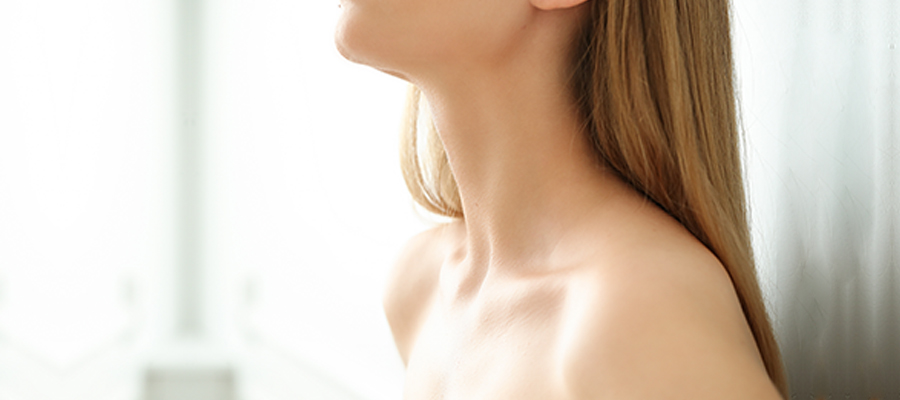Genioplasty

Genioplasty is a type of surgery performed on the chin.
It involves reshaping the facial profile and symmetry of the patient and reshaping the chin to harmonize the chin, nose, and smile. This procedure can be performed alone or in combination with other surgical procedures related to the chin to achieve a medical or cosmetic result requested by the patient. It is requested not only due to medical problems but also for improving the appearance; therefore, it is among the most common cosmetic procedures.
Improvement procedures that can be performed along with genioplasty include the following:
Chin Augmentation or Reduction
Jaw Surgery
Correction of Asymmetric Chin
When Should Genioplasty Be Considered?
If your facial features and your chin are disproportional,
If you have a large chin (macrogenia), a very small or deformed chin (microgenia), a weak, retracted, or slightly protruding chin (retrogenia), a prominent, protruding or excessively protruding chin (mandibular prognathism) line,
If you have a recessed chin and excessive biting (retrognathia) problem,
If you have a double chin, an aging neck and jawline.
If you have one or more of the problems mentioned above, if your overall health is good, and you have realistic expectations, if you feel ready and have a positive attitude about this procedure, you can be an excellent candidate for this procedure.
Pros
Bone healing is rapid, albeit changing according to age.
There are usually no visible scars after the surgery.
The shape of the jaw can be resized and its direction can be changed.
Cons
It may rarely be necessary to remove the fixing plate and screws.
There may be temporary facial swelling, pain and numbness in the lower lip due to the proximity of the bone cut to the mental nerves.
 How is Genioplasty Performed?
How is Genioplasty Performed?
All genioplasty procedures are performed by making an incision underneath the chin or inside the mouth. Depending on the purpose of the surgery, this procedure may also include cutting or removing part of the jawbone, or placing a jaw implant. These procedures typically require general anesthesia and hospitalization.
Genioplasty has two different types of procedures: Sliding genioplasty and chin implant.
How Long Does the Outcome Last?
Genioplasty is a permanent solution for almost all abnormalities of chin.
Risks
The risk of complications is rare in genioplasty when performed by an experienced and qualified specialist surgeon.
Yet, all surgical procedures have a certain degree of risk. Some of the possible complications of genioplasty include the following:
- Nerve damage in the lower lip or chin,
- Temporary or permanent numbness in the surgical area,
- Damage in the lower teeth,
- Bleeding
- Infection
- Permanent facial asymmetry
Process
- It is very important for you to follow all the instructions provided by your surgeon to have a healthy healing process.
- The duration of stay in the hospital is 1 day unless there is a medical necessity.
- After being discharged, you will have post-operative follow-ups on the days to be determined by the surgeon.
- In the first week of surgery, you should feed only on liquid, grain-free and clear foods. In the 2nd week, you should eat semi-solid, mashed grain-free foods. After the 3rd week, you can start normal solid meals. Oral hygiene should be maintained after each meal, and attention should be paid to the stitches.
- It may take one week for you to return to your daily routine.
- You will have pain. It can be relieved with painkillers, and it only lasts for two to three days.
- You may feel tired and sensitive in the first days due to your surgery.
- Smoking reduces circulation, delays wound healing and significantly increases the likelihood of serious complications; therefore, you should discontinue smoking at least four weeks before and four weeks after your procedure.
- In order to plan your date of returning to work, you should consult your surgeon according to your workload.
- Exercise and most activities can be resumed after three weeks.